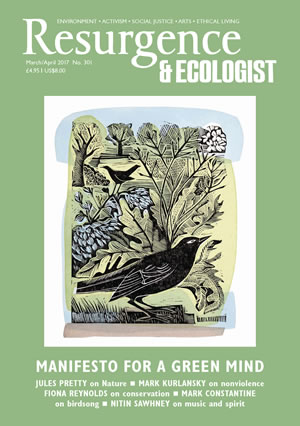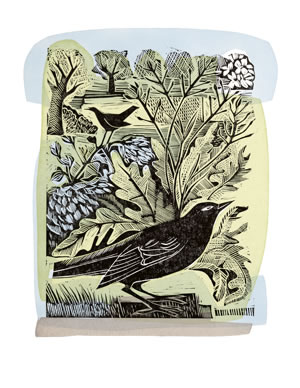At 11.50am on 22 December 2016, a month before he was due to be inaugurated as President of the United States, Donald Trump gave us an early Christmas present:
“The United States must greatly strengthen and expand its nuclear capability until such time as the world comes to its senses regarding nukes,” he declared via Twitter.
The Trump tweet, seemingly heralding a new arms race, caused understandable alarm. What exactly did he mean? As one expert noted, it could be interpreted as anything from merely restating US policy (a charitable view) to proposing a unilateral increase in weaponry and deployment. Admittedly, it followed a remark by Russia’s President Putin that his country stood ready to reinforce its own nuclear strength. And subsequently Mr Trump seemed to signal a U-turn, saying in an interview that “Nuclear weapons should be way down”. But in its ambiguity, its careless lack of clarity, its appeal to today’s social media world, where instant pronouncements can fuel knee-jerk reactions, lay the danger of his initial remarks. If we have entered the era of making nuclear weapons policy by tweet, heaven help us.
The last things needed in these troubled times are pronouncements that, however unintentionally, risk heightening tensions between nations. Resurgence began life half a century ago, in the midst of the cold war, as part of a movement campaigning for peace. We maintain that commitment. Violent language can have consequences.
Timely, then, that our Keynotes feature sees Mark Kurlansky examining the history of nonviolence. His conclusion, that nonviolent campaigns can still succeed in bringing about peaceful political change and facilitate social justice, is a reminder that there are always alternatives to violence.
That message reverberates throughout this issue. Most environmental activists, for example, have long accepted the principles of nonviolence. And, as Fiona Reynolds details in her article on two centuries of campaigning for the conservation of the countryside – as well as the greening of our towns and cities – the Fight for Beauty is one that requires endless commitment.
A different campaign, but one that also acknowledges our connection and debt to Nature, is unveiled by Jules Pretty and his Essex University colleagues, whose Manifesto for the Green Mind sets out a prescription for healthier, more sustainable and more enjoyable living.
Further afield, two articles highlight how campaigning for the environment and social justice can actually help combat violence. Janet Maro – the subject of a profile by Thembi Mutch – is an agricultural activist in Tanzania whose work is not only helping small farmers improve their lives through sustainable practices, but also reducing conflicts between farmers and pastoralists. Meanwhile, Susan Canney, a British biologist working in Mali, tells Oliver Tickell how cooperative conservation is helping to save elephants from poaching in a country trying to overcome terrorism and political turmoil.
There’s plenty of stimulating reading in this issue, but since this welcome letter began with a tweet, it surely should end with another – lots of them, and the real thing. Mark Constantine’s article on the beauty of birdsong is not just a call for conservation, but also a reminder of the uplifting, restorative qualities of Nature, if we will but listen.
We hope you enjoy this issue of Resurgence & Ecologist. In peace.







